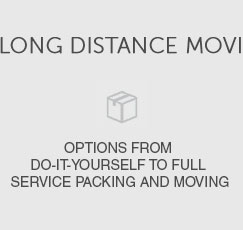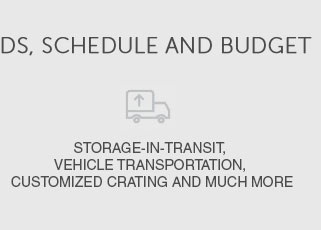moving companies prices explained and what to expect
What drives the cost
Moving costs rarely come as a one-size-fits-all number. They shift with distance, home size, stairs or elevator access, and your calendar. Peak weekends and month-ends tend to push rates higher, while weekday slots may be kinder to your budget. Add-ons like packing, crating, or bulky items bring surcharges.
Typical price ranges
For a short local move, you might see an hourly crew rate, often with a minimum of two to three hours. Long-distance quotes usually bundle labor, fuel, and mileage into a single figure, with weight or cubic feet as the pricing base. Expect separate line items for insurance valuation, supplies, and storage.
Smart ways to compare
Ask for a written estimate that lists services and exclusions, and confirm whether it is binding, non-binding, or not-to-exceed. Comparing like-for-like scope keeps the numbers honest and avoids last-minute surprises.
- Request three quotes and check licensing
- Declutter to reduce volume and cost
- Reserve early to lock better slots
- Photograph condition for claims
- Tip crew only for great service




















